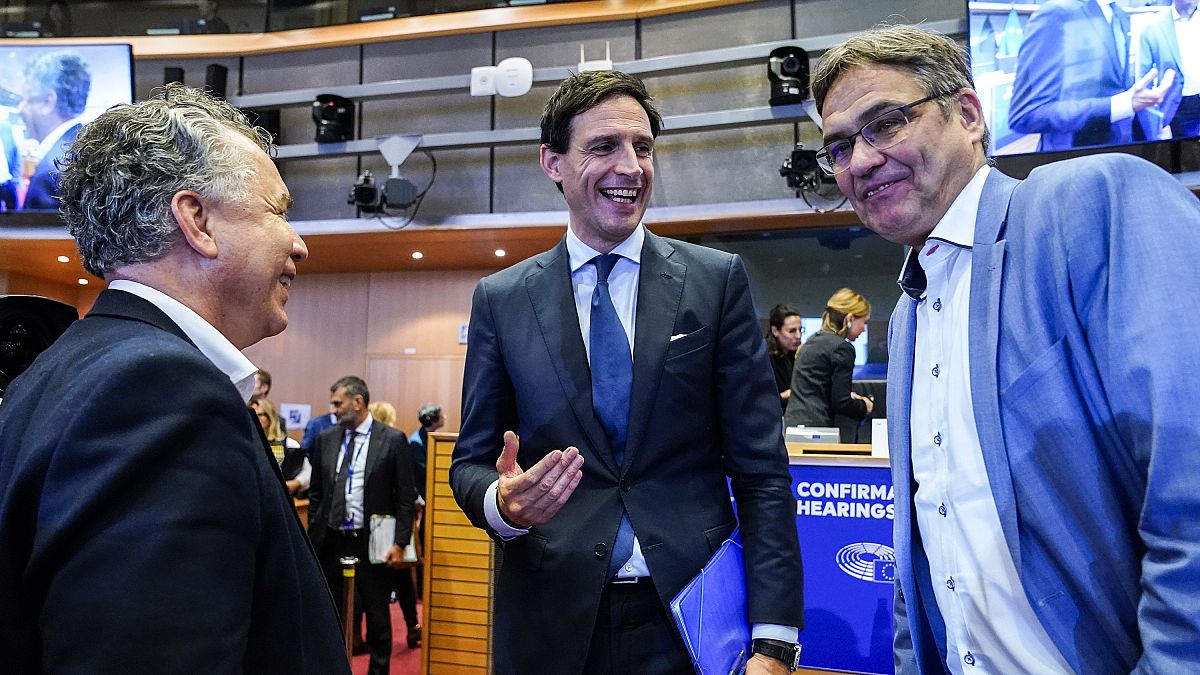Dutch Commissioner Wopke Hoekstra has reiterated the European Union’s commitment to reducing emissions by 90% by 2040 and to phasing out new petrol and diesel cars by 2035. During a grilling by MEPs, Hoekstra reaffirmed these pledges and pushed back against a far-right climate denier. He also discussed his plans for the upcoming COP29 climate summit in Baku, Azerbaijan.
Although facing skepticism from MEPs, Hoekstra secured broad support from various political groups in the European Parliament for his environmental policies. He emphasized the importance of setting ambitious targets to combat climate change and ensure a sustainable future for the EU. Hoekstra also addressed concerns related to taxation, particularly regarding aviation fuel and air travel.
Hoekstra acknowledged the EU’s limited contribution to global emissions but stressed the need for other major emitters, such as China, the US, and India, to take action. He expressed concerns about geopolitical tensions impacting climate diplomacy and the progress made at COP29. Despite challenges, Hoekstra remained firm on the EU’s commitment to tackling climate change and urged for global cooperation.
During the hearing, Hoekstra highlighted the urgency of the climate crisis and emphasized the importance of listening to scientists. He responded to climate skeptics by pointing to the scientific consensus on the impacts of climate change and the need for immediate action. Hoekstra’s firm stance on climate issues received praise from climate campaigners, although some expressed concerns about holding member states accountable for meeting Paris Agreement targets.
Climate Action Network (CAN) Europe recently filed a complaint with the European Commission, calling for action against member states that have failed to submit their national climate and energy plans in line with EU targets. This highlights the ongoing challenges in ensuring that all EU countries meet their climate commitments. Despite these obstacles, Hoekstra’s dedication to upholding EU climate goals and advocating for stronger international cooperation offers hope for achieving a sustainable future.











